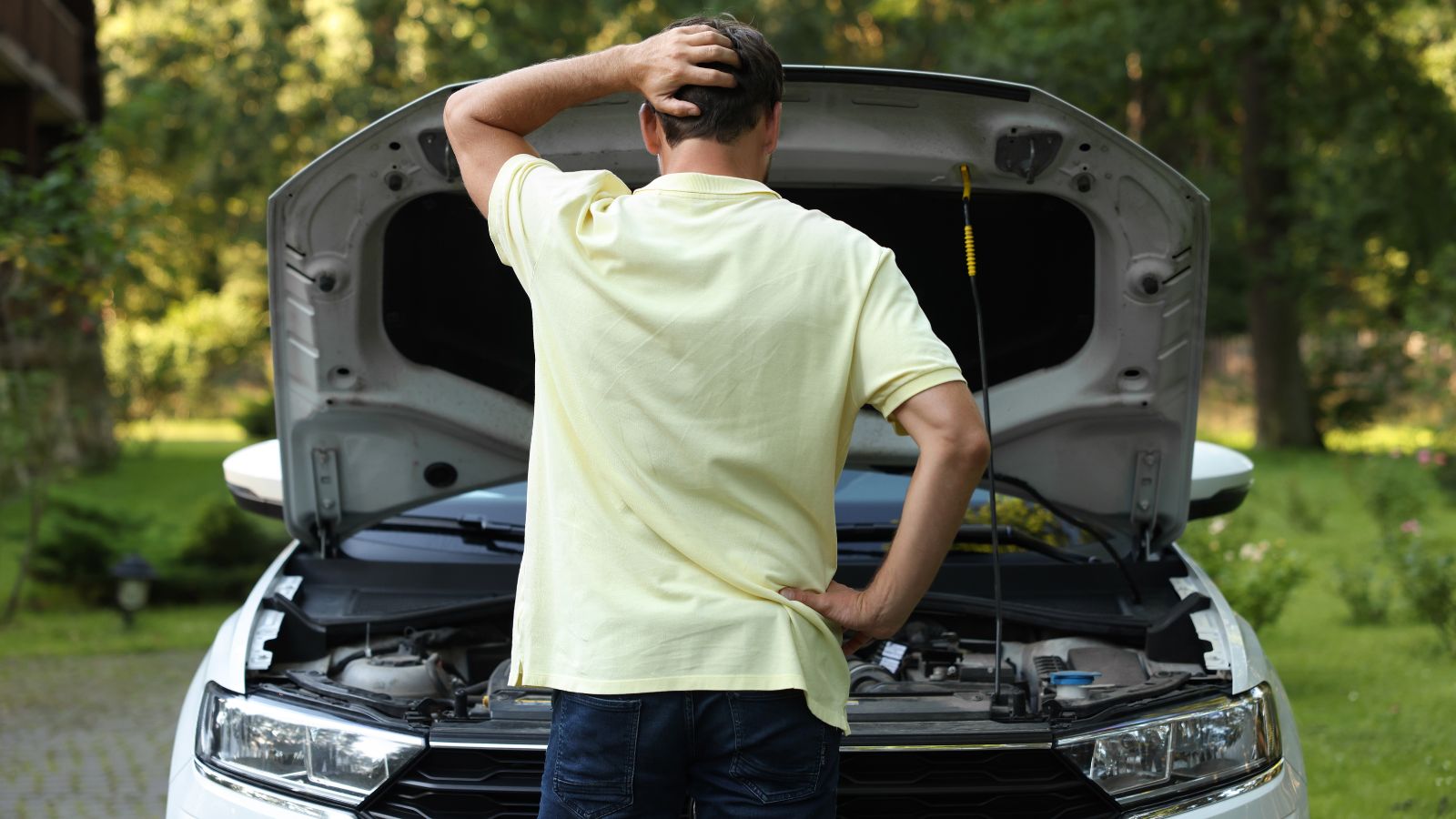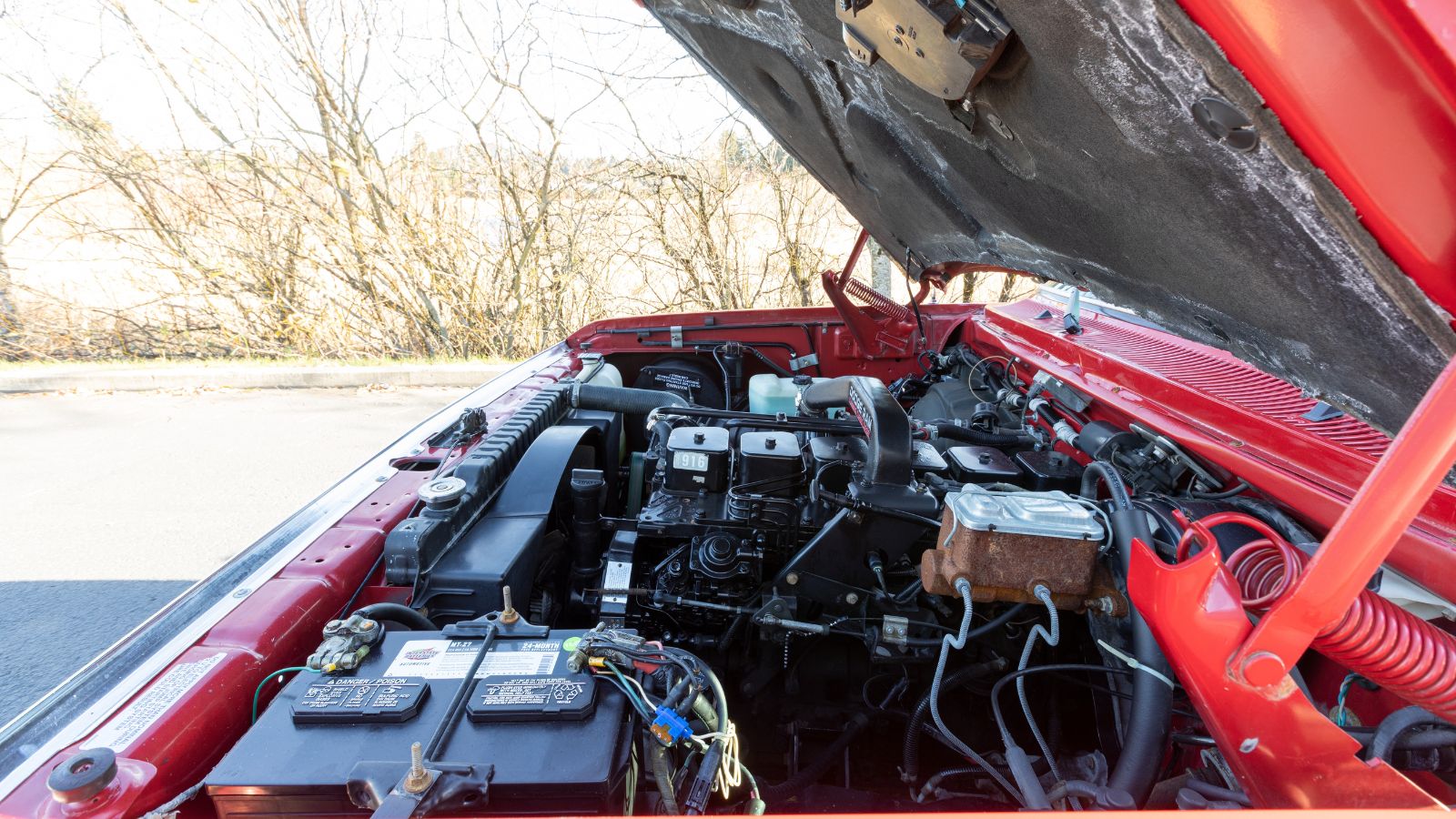Private car sales are often built on trust. You meet someone from an online listing, hand over your keys for a test drive, and assume everyone is acting in good faith. But a recent case in California shows how quickly that trust can be exploited. Two men were arrested after allegedly using a calculated tactic to make vehicles appear damaged by secretly pouring oil into the engine during a test drive. Once the car began smoking or making noise, they would pretend to be concerned and offer to buy it for a fraction of the original asking price.
How the Scam Plays Out from Start to Finish

The suspects reportedly contacted sellers through common online marketplaces. They appeared polite, knowledgeable about cars, and serious about purchasing. They often complimented the vehicle first to build trust. Once the test drive began, one suspect kept the seller comfortable with conversation. The other waited for a moment when the seller was distracted.
The sheriff’s office stated that the suspects then poured oil either onto the exhaust manifold, into the engine compartment, or near the oil fill area. The goal was not to permanently damage the engine, but to create visible smoke and a burning smell. Within minutes, the seller believed something catastrophic had occurred.
At that point, the scammers shifted tone. They acted worried, claimed the engine was failing, and hinted that the repair would cost thousands. They positioned themselves as rescuers, offering to “help” by buying the vehicle despite the supposed damage. The seller, now stressed and unsure, often agreed to the lower offer.
Why This Scam Works So Effectively

Most vehicle owners know that engine failure is one of the most expensive problems a car can have. The moment smoke rises from the hood, panic is natural. Scammers rely on this emotional response. They count on the seller not taking time to evaluate the situation.
They also use social pressure. After all, the scammers are right there, pretending to share the seller’s concern. They may even suggest that the seller is lucky the failure happened during the test drive and not later. That psychological angle turns the scam into a race against logic.
When people feel blindsided and unsure, they become easier to influence. The scammers’ goal is to make the seller think there is no time to slow down and reconsider.
The Big Red Flag to Watch For

The most important warning sign is any attempt by a buyer to open the hood or check the engine when you are distracted or too far away to see what they are doing. Some scammers will ask you to look at something inside the car or take a phone call while they step out. Others may suggest they smell something and want to check the hood themselves.
Your rule should be simple: Stay with your car at all times during the test drive and inspection. No exceptions.
If anyone becomes pushy about examining the vehicle without you present, that is your cue to end the conversation immediately.
What To Do If Trouble Appears During the Test Drive

If smoke starts to rise or you notice a burning smell, pull over and shut off the engine. Do not allow the buyer to dominate the moment or steer the narrative. Politely but firmly pause the interaction.
Have the car inspected by a neutral mechanic before making any decisions or lowering the price. Often, the smoke will be from oil burning off a hot surface. Once it clears, the car may be completely fine. Do not assume the worst simply because the issue appeared suddenly.
The sheriff’s office emphasized that hesitation and caution are your strongest protection.
Why This Scam Is Spreading Now

Private party car sales have become more common due to high dealership prices and used car demand. Scammers know there is money to be made where emotions and quick negotiations meet. They also know many sellers lack mechanical expertise, making them easier to manipulate.
This scam requires almost no tools, leaves little trace, and can be executed quickly. That makes it attractive for criminals looking for low risk, high reward opportunities.
The sheriff noted that although two suspects were arrested, similar scams have been reported in multiple counties, meaning the practice is likely broader.
The Message: Be Aware If Selling a Car

You do not need deep automotive knowledge to protect yourself. You only need a few firm rules. Stay with the vehicle at all times.
Never allow the hood to be opened when you cannot see what is happening. Do not make decisions while surprised, flustered, or pressured.
Legitimate buyers ask questions and respect your boundaries.
Scammers create urgency and try to control the situation. Knowing the difference is the strongest defense you have.
25 Facts About Car Loans That Most Drivers Don’t Realize

Car loans are one of the most common ways people fund car purchases. Like any other kind of loan, car loans can have certain features that can be regarded as an advantage or a disadvantage to the borrower. Understanding all essential facts about car loans and how they work to ensure that you get the best deal for your financial situation is essential. Here are 25 shocking facts about car loans that most drivers don’t realize:
25 Facts About Car Loans That Most Drivers Don’t Realize
